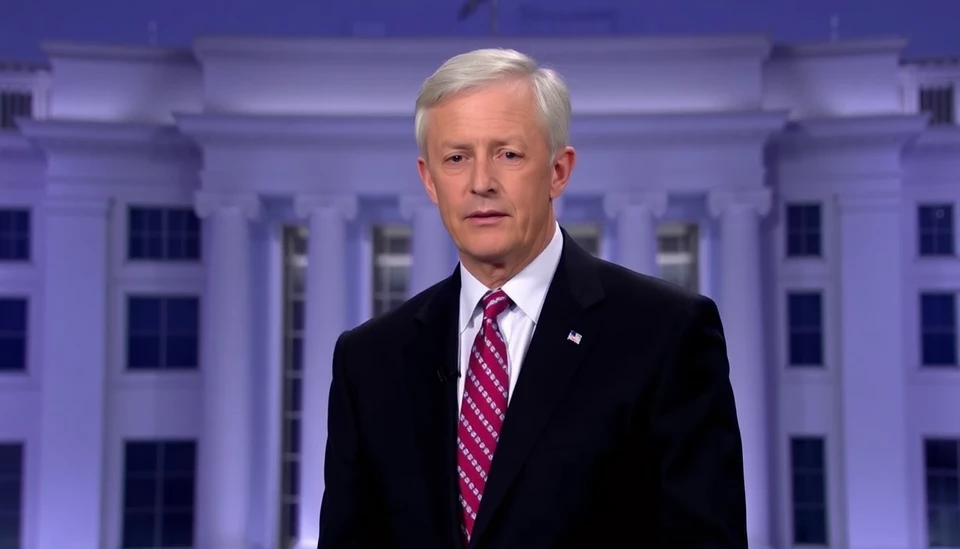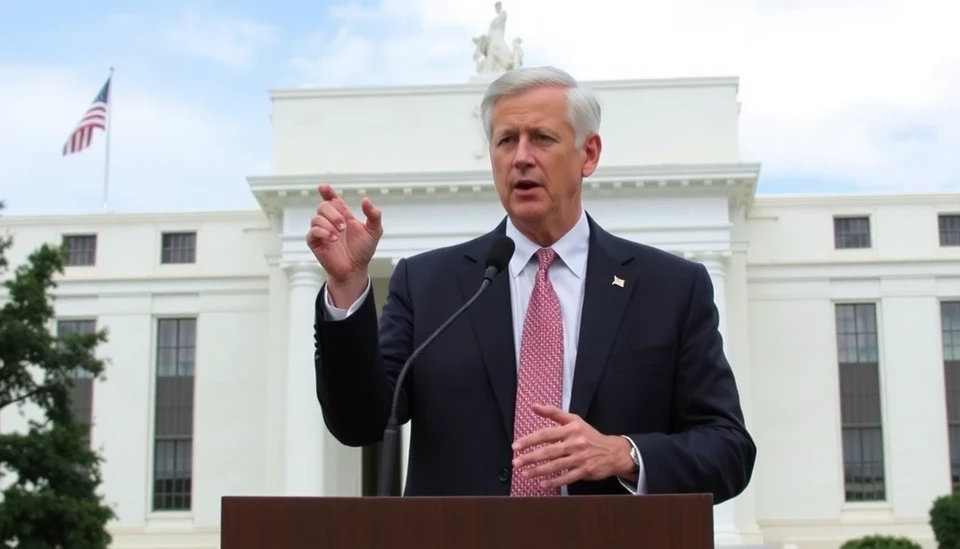
In recent communications, Federal Reserve official Jon Hammack expressed his apprehensions regarding the potential repercussions of an excessively large balance sheet. Hammack, a key figure within the Fed's financial ecosystem, articulated that scaling up the balance sheet beyond what is necessary could impose significant costs on the economy and financial markets. His remarks come amidst an ongoing discourse about how the central bank is managing its assets and liabilities in a post-pandemic environment.
Hammack's insights are particularly critical as the Federal Reserve navigates the complex landscape of monetary policy influenced by recent economic challenges. He emphasized that an inflated balance sheet might be counterproductive, potentially leading to increased volatility in financial markets and complicating the Fed’s ability to effectively respond to future economic shocks.
During a recent conference, Hammack noted that a balance sheet that is larger than necessary could cause complications in monetary policy transmission. He hinted that maintaining a balance sheet that is well-aligned with economic realities would help in sustaining market stability. This perspective highlights an ongoing tension within the Fed regarding how much liquidity should be injected into the economy and the long-term implications of such decisions.
As the Fed continues to grapple with inflationary pressures and growth concerns, Hammack's commentary serves as a reminder of the importance of prudent financial stewardship. His warnings may influence policymakers as they consider future adjustments to financial strategies aimed at promoting economic stability while mitigating risks associated with excessive liquidity.
Looking forward, the Federal Reserve's decision-making process will have to balance the need for economic support and the potential risks that an overextended balance sheet could pose. As Hammack's views gain attention, market analysts and financial experts will likely monitor forthcoming Fed meetings closely, especially as they pertain to the central bank's strategic maneuvers in introducing or retracting liquidity in the open market.
As the situation develops, it will be crucial for investors and stakeholders to stay informed about how the Fed's policies might shift based on insights like Hammack's. The broader implications of such financial strategies could shape the economic landscape for years to come, affecting everything from interest rates to consumer confidence in the market.
In conclusion, Hammmack's comments about the risks of an overly large Federal Reserve balance sheet invite serious consideration from policymakers. The upcoming months could prove pivotal as the Fed seeks to strike an optimal balance that fosters economic growth without aggravating financial instability.
#FederalReserve #BalanceSheet #MonetaryPolicy #Economy #FinancialStability #Inflation #JonHammack #MarketInsights #InterestRates #EconomicGrowth
Author: Rachel Greene




